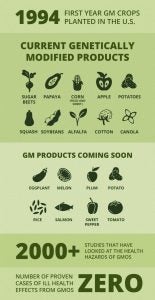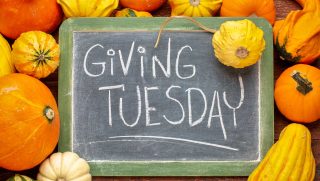I recently had a conversation with a dear friend who’s lived in Los Angeles for a majority of her life. Her and her fiancé are tired of the big city life and thinking about moving elsewhere … maybe by me in rural Florida! Or maybe Vermont or something like that. A change of pace.
I went to college in Los Angeles and couldn’t agree or support her idea more. After farming and living the country life for a number of years now, I could never go back to the city. They claim they’re thinking of starting a farm and that he knows a bit about tropical horticulture. This is great! I encouraged them to visit me and get excited about the potential opportunity of having a couple of more friends in my neighborhood. Even if it doesn’t work out for them, the thought excites me so much. Fingers crossed.
One thing that’s also interesting about this is the fact that he’s a vegan animal-rights activist. It’s no secret I call out the horrific antics of these extremist groups, but despite our differences, he’s never been rude toward me, and vice versa. That’s what it’s about. Having differences is great as long as we are kind and respectful and learn from each other.
My friend asked me what I’m up to on my new farming endeavor, and she explained that she wants to grow organic crops. I didn’t ask why organic, but I’ll just assume for arguments sake that it’s to be more profitable. That’s what I’ll tell myself for now, anyway. She asked me if I was growing GMOs, and considering I’m only on 17 acres now, the answer is no. Why? Because a majority of crops are “Non GMO” by default — at least under the activist definition of that term. The number of crop varieties that are currently available as GMOs is very small:

So even if I wanted to grow GMOs, really the only options might be a little sweet corn or something along those lines. A majority of the crops listed here are grown on a large scale commercial basis, similar to the farms I grew up around and lived and worked on the past seven years in Iowa. (Corn and soybeans — pretty standard for Iowa.)
I explained to her that I’m not planning on growing crops but do have good friends in this part of central Florida who do. My farm is a new startup, but I’m planning on doing livestock only and practicing silvopasture as a method of weed control for now. Eventually, I’d like to get more critters and sell meat at farmers markets again but we all have to start somewhere. I’m still building up my infrastructure and fencing now to get it all ready, so we shall see!
My friend had come to visit me on my Iowa farm a few years back. The Iowa farm was primarily used for growing GMO crops, and the corn was grown mostly for ethanol and livestock feed. I had explained to my friend that there’s over 4,000 uses for corn! And I do agree with her that we don’t need more “junk food” in our grocer. Healthy eating is so important! And high calorie sugary corn syrup-type snacks should probably be consumed in moderation — we agreed on that.
Regardless, she started to tell me about no-till farming, biodiversity, and how to raise livestock. Mind you, the Los Angeles resident has never been a farmer. She thought it was cool I was going from a large-scale farm to a small one; different mentality. And the “chemical” talk? Fewer pesticides are a good thing, but does she know that organic farms can still use them and that they sometimes use more chemical inputs than GMO farms do? I doubt she was aware of that, but that’s what’s interesting about what people are generally exposed to in big cities. I’d say though, that the environmentally friendly practices she speaks of are true and good — but we had been doing that on the large scale “GMO farm” long before it was cool in Hollywood.
Of course, we see this all too often in agriculture. Movies such as Food, Inc. and Kiss the Ground, celebrity activism, marketing and media have managed to sway people in urban areas to follow certain beliefs or ideologies. Although a lot of the talking points of these films or activist-driven media are not always accurate or based in solid science, it’s important to acknowledge their thoughts and come together on shared values and common ground.
I absolutely love when conversations like this come about though. Whether with dear friends like this or social media encounters with strangers, it’s important to listen and learn from one another. We can get defensive and start arguments or we can realize that we all have more in common than we think. That it doesn’t matter the marketing label or buzzword, at the end of the day we all care. I indeed hope that my organic-loving future-farmer friend and her vegan animal-rights activist fiancé will be my neighbors very soon. One can hope, anyway … because despite our differences, the “roots” of the friendship run deep.
Michelle Miller, the Farm Babe, is a farmer, public speaker and writer who has worked for years with row crops, beef cattle, and sheep. She believes education is key in bridging the gap between farmers and consumers.



